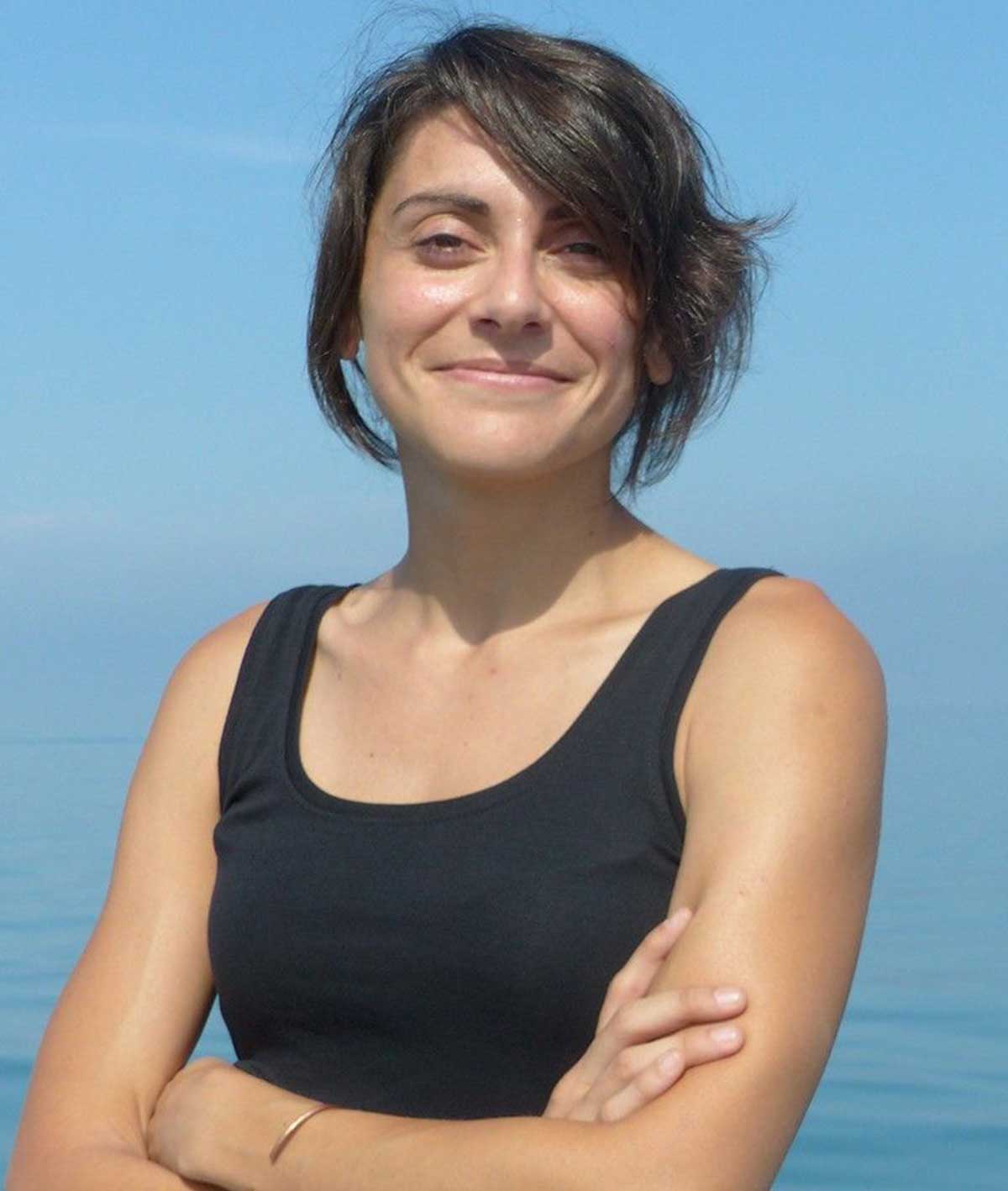Martina Capriotti
Biologist

Known for her contributions in the field of biotechnology and proteomics, Italian biologist Martina Capriotti developed an interest in studying marine pollution and protecting the marine environment when she found human waste (trash) during her early dives as a teenager.
She obtained her bachelor’s degree in biology from the University of Camerino and subsequently pursued her master’s and PhD at the same institution, focusing on the biomonitoring of chemical pollutants with hormonal effects along the Adriatic Sea.
Martina began her study of marine pollution while writing her bachelor’s thesis. She then moved to Norway to delve deeper into the study of the toxic effects of endocrine disruptors on salmon.
In 2018, Martina became one of three scientists worldwide to receive a scholarship from National Geographic and Sky Ocean Rescue for her innovative research in the Adriatic Sea. The biologist is also a co-founder and co-leader of the National Geographic Italy Explorer Hub and, previously, the New England hub.
Until 2022, she dedicated herself to the study of the eco-physiology of marine organisms at the University of Connecticut. In addition to having her work published in scientific journals, she has been recognised in National Geographic magazine and other national and international educational platforms. She is a lecturer at Zhengzhou University in China, postdoc at the University of Camerino and has a keen interest in science communication to the public. She has established an educational field laboratory that involves young students in collecting plastics and microplastics in beach environments.
She obtained her bachelor’s degree in biology from the University of Camerino and subsequently pursued her master’s and PhD at the same institution, focusing on the biomonitoring of chemical pollutants with hormonal effects along the Adriatic Sea.
Martina began her study of marine pollution while writing her bachelor’s thesis. She then moved to Norway to delve deeper into the study of the toxic effects of endocrine disruptors on salmon.
In 2018, Martina became one of three scientists worldwide to receive a scholarship from National Geographic and Sky Ocean Rescue for her innovative research in the Adriatic Sea. The biologist is also a co-founder and co-leader of the National Geographic Italy Explorer Hub and, previously, the New England hub.
Until 2022, she dedicated herself to the study of the eco-physiology of marine organisms at the University of Connecticut. In addition to having her work published in scientific journals, she has been recognised in National Geographic magazine and other national and international educational platforms. She is a lecturer at Zhengzhou University in China, postdoc at the University of Camerino and has a keen interest in science communication to the public. She has established an educational field laboratory that involves young students in collecting plastics and microplastics in beach environments.
We use cookies to give you the best online experience. By clicking "Accept" you are letting us know you agree to essential cookies.

